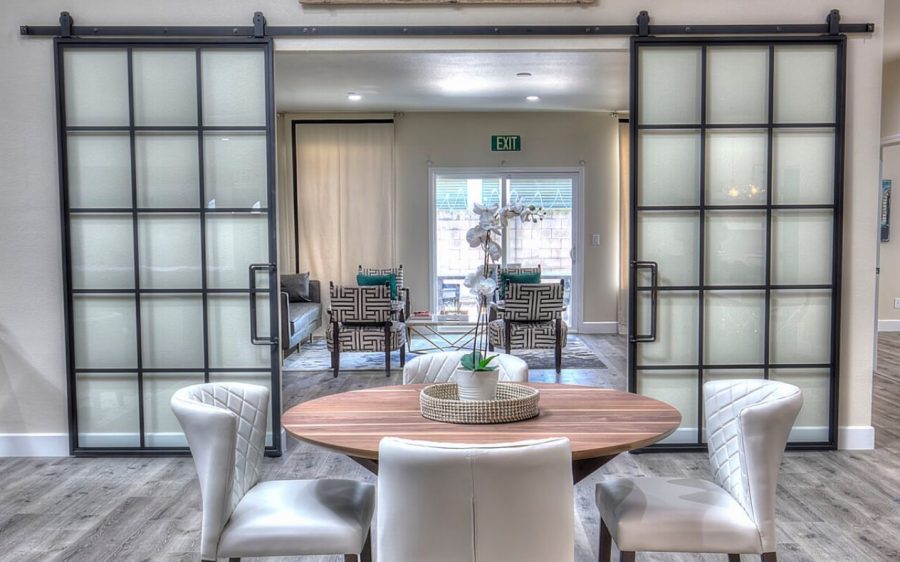
After a long and stressful day, we all have routines that help us decompress. For many, this involves a glass of wine or some other alcoholic drink to unwind. If you struggle with alcohol addiction, you may believe that this drink is the only thing that helps you fall asleep after a hectic day.
Yes, as a depressant, alcohol does make you feel drowsy and can help you fall asleep faster, but quality sleep is what your body requires. Alcohol keeps you from getting the essential sleep that your body needs. In fact, many people who drink alcohol before going to bed wake up the next day feeling like they haven't had any rest at all.
To find out why, let's look a little deeper into what happens once you close your eyes.
What we think of as a simple act — sleeping — actually involves several sleep cycles that are essential to a restful night. These cycles are like an intricately choreographed dance routine, and alcohol throws off the beat. Sure, you may fall asleep faster, but you never achieve that deep sleep that is so crucial to a restorative night.
Those who drink before bed lose much of the Rapid Eye Movement (REM) stage of sleep. Although you believe you're resting quietly, your brain is active, which is actually inhibiting deep sleep. That means no matter how long you stay in bed, it won't be enough. You will still be tired.
Another impact that alcohol has on sleep is something called the rebound effect. Alcohol is fast acting, entering your bloodstream and reaching your brain in a few short minutes. This is what causes that drowsy feeling.
As the liver metabolizes the alcohol, however, those sleepy feelings quickly wear off. The first part of your night may be peaceful, but chances are you'll be tossing and turning during the second half — and you may even find yourself wide awake at four in the morning.
Alcohol is known for its ability to cause relaxation. That's because it's a muscle relaxant. For people with sleep apnea, though, a medical condition that is caused by throat and airway muscles collapsing during the night, their symptoms are aggravated by drinking alcohol before bed. However, even in those without this condition, alcohol makes people more prone to developing snoring or sleep apnea because it relaxes the muscles in the throat.
It's common knowledge that increased alcohol intake makes you have to visit the restroom more often, but there's a medical reason behind it. Alcohol is a diuretic, which makes you urinate more frequently — and that translates to more nightly trips to the bathroom. So, even if you were able to catch a few zzz's, your bladder ensures it won't last long.
If you find yourself using alcohol every night and are unable to stop, you may have an alcohol addiction. Even though you know the facts about alcohol's impact on your health, you may need help getting control. That's where we come in. Diamond House Detox is a private facility that's equipped to get you on the road to recovery from alcohol addiction. Reach out to us to speak to one of our representatives. We ensure your information remains confidential as we help you reclaim your life.
Content medically reviewed by Vicky Magobet, PMHNP-BC, on July 23rd, 2018.